CNC Machining Service
Customize Precision CNC & CNC Rapid Prototyping Parts Today
Our service is accredited by ISO 9001:2015, ISO 13485, and AS9100D certifications, and is ITAR registered.
CNC Machining Capabilities
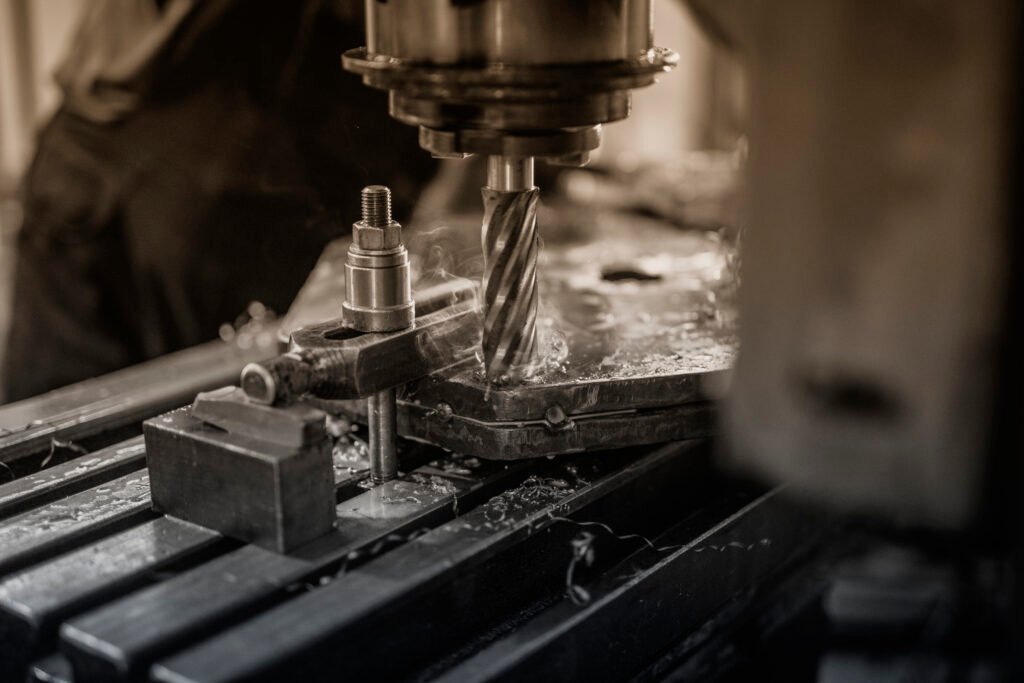
CNC Milling
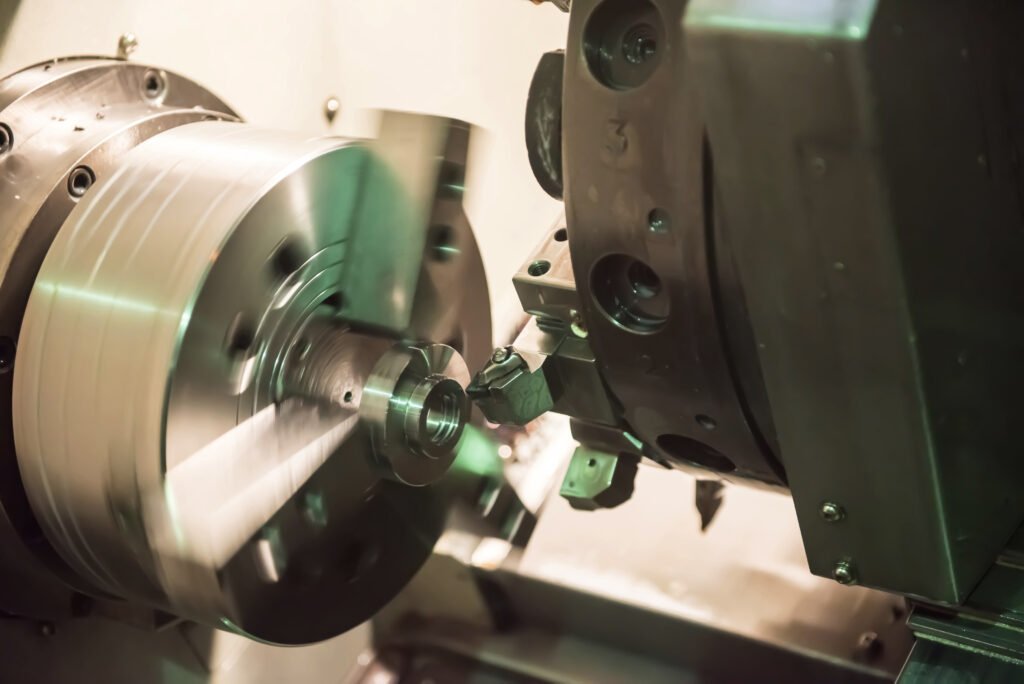
CNC Turning

Manufacturing Networks
CNC Machining Materials
We can generate instant machining quotes for 50+ metals and plastics.
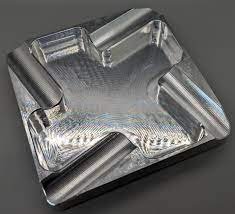
Aluminum is often favored in the machining industry because of its unique combination of characteristics such as low density, impressive mechanical properties, superior thermal and electrical conductivity, and corrosion resistance.
CNC machining frequently utilizes Aluminum alloys like 6061-T651, 7075-T651, and 2024-T351. These alloys are preferred due their well-rounded balance between strength, ease of machine-ability, and cost effectiveness.
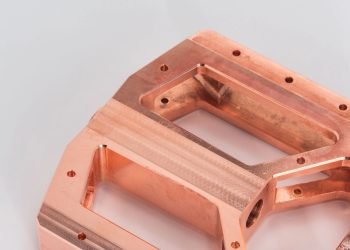
Presenting a striking orange-reddish sheen, Copper is a highly recognized metal that not only glorifies beauty but also comes with practical features like corrosion resistance, exceptional electrical conductivity, and high ductility. When it undergoes a natural aging process, it forms a bluish-green layer known as patina; a unique characteristic that adds an artsy appeal without compromising its functionality.
It’s worth noting that despite its numerous benefits, copper’s weldability is deemed to be between moderate to poor.
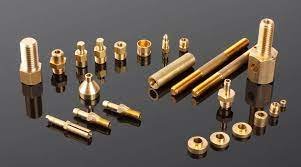
Brass, a lustrous golden alloy derived from both copper and zinc, boasts characteristics such as resistance to weather and corrosion, and offers tensile strength comparable to mild steel. Additionally, one of the prominent attributes of brass is its ease of machining. This allows for substantial feed rates while simultaneously reducing the need for excessive coolant.
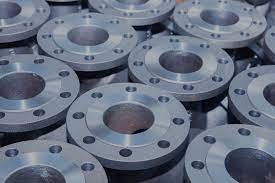
Steel Alloy 4140, a low alloy variant enriched with elements like chromium, molybdenum, and manganese, is a popular choice across diverse industries. It advances as an ideal material for machining, primarily attributed to its remarkable toughness, superior fatigue strength, and resistance to abrasion and impacts.
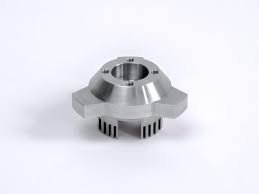
As a favored material for a variety of CNC machining initiatives, stainless steel offers exceptional machinability and impressive uniformity. This, alongside good workability and weldability, make it a highly adaptable choice for diverse machining requirements. Moreover, its superior ductility and formability ensure that any specific project specifications can be efficiently met.
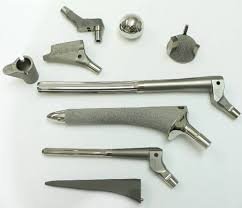
Titanium holds a favorable position in CNC machining owing to its outstanding strength-to-weight ratio, corrosion resilience, and biocompatibility. Nevertheless, titanium’s characteristics also introduce some complexities during machining. This can be attributed to its robust strength, lesser thermal conductivity, and its propensity to become work-hardened during the cutting process.
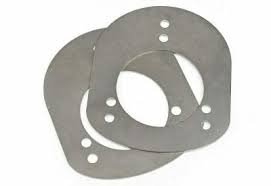
Dominantly referred to as mild steel, low carbon steel caps its carbon content at 0.30%. This composition casts it with lesser tensile strength, but concurrently escalates its malleability and ductility – hence making it more workable compared to its high carbon steel counterparts.
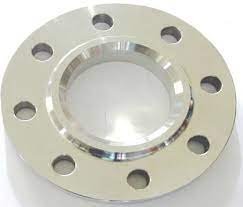
Invar, a nickel-based alloy, is distinguished by its exceptionally low thermal expansion coefficient. This specific attribute makes it the perfect material for applications demanding high dimensional stability. Examples of such applications include precision instruments, engine valves, and sizable aerostructure molds.
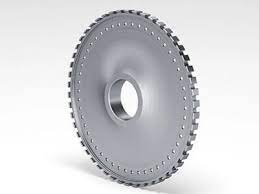
Inconel is a potent mixture of nickel alloy renowned for its high strength and corrosion resistance. It finds its ideal use in the aerospace industry, making it a preferred choice for such demanding applications.
Custom CNC machined parts samples
Check some of our CNC machined prototypes and end-use parts.
Why Choose Us for Custom CNC Machining?
Advanced Capabilities
Access a range of manufacturing enhancements including anodizing, precise tolerances, and competitive volume pricing through Hubs' extensive network of manufacturing partners. Discover options for plating (such as black oxide and nickel), Type II and Type III anodizing, and chromate coating for bulk orders. Benefit from tolerances as precise as ±0.001 inches (0.020mm) and cost savings on machined parts with larger quantity orders, resulting in reduced per-part costs.
Material Selection
Our inventory encompasses over 30 engineering-grade plastics and metals, tailored for diverse part applications across multiple industries. This selection includes materials such as ABS, polycarbonate, nylon, PEEK, along with metals like aluminum, stainless steel, titanium, and copper, catering to a wide range of manufacturing needs.
Fast and Reliable Delivery
Speed up your product development and refine part designs rapidly with our fast-turnaround parts. Our automated design analysis identifies any features that may be challenging to machine before your design reaches the manufacturing stage, preventing expensive modifications later in the product development process.
FAQ
1. What is CNC machining and how does it work?
CNC (Computer Numerical Control) machining is a manufacturing process that uses computer-controlled machine tools to shape material into precise parts. It works by converting a digital model into a set of computer instructions, which control the cutting and shaping tools to create the part from a solid block of material.
2. What materials can be machined using your CNC services?
Our CNC machining services can handle a wide range of materials, including metals like aluminum, brass, copper, stainless steel, and plastics such as ABS, polycarbonate, nylon, and PEEK. This versatility allows us to cater to various industries and applications.
3. What file formats do you accept for CNC machining projects?
We accept several 3D CAD file formats, including STEP, IGES, and STL. These formats allow us to accurately interpret your design into machinable parts.
4. Can you accommodate both prototype and production volume CNC machining?
Yes, we are equipped to handle both small-scale prototype projects and large-scale production runs. Our flexible manufacturing capabilities allow us to provide you with precisely what you need, whether it’s a single prototype or thousands of parts.
5. What tolerances can your CNC machining services achieve?
Our CNC machining services can achieve tight tolerances typically within ±0.005 inches (±0.127mm). However, tolerances may vary based on the material and part complexity. We strive to meet the specific tolerance requirements for your project.
6. How long does it take to receive a quote for CNC machining services?
We aim to provide quotes within 24 hours of receiving your CAD files and project specifications. Complex projects may require additional time for accurate quoting.
7. What is the lead time for CNC machined parts?
The lead time for CNC machined parts depends on the complexity of the parts and the volume of the order. Typically, our lead times range from 1 to 3 weeks. We also offer expedited services for urgent projects.
8. Do you offer finishing services for CNC machined parts?
Yes, PCBPit offers a variety of finishing services, including anodizing, plating, powder coating, and painting. These finishes can improve the appearance, corrosion resistance, and surface hardness of the machined parts.
9. How do you ensure the quality of CNC machined parts?
We adhere to strict quality control procedures throughout the machining process, including material inspection, in-process inspections, and final dimensional and visual inspection. Our commitment to quality ensures that your parts meet both our standards and yours.
10. Can you assist with design modifications to improve manufacturability?
Absolutely. Our engineering team can review your designs and suggest modifications that can improve manufacturability, reduce costs, and maintain the integrity of your parts. This collaborative approach helps ensure the success of your project.

